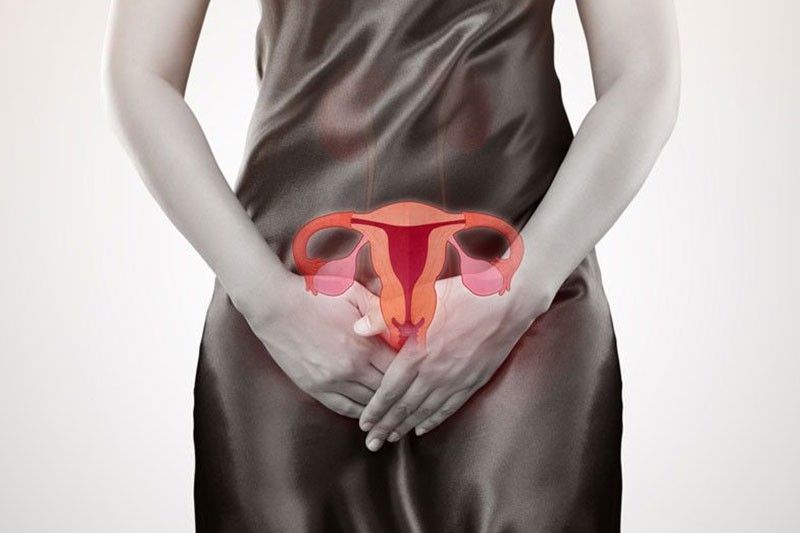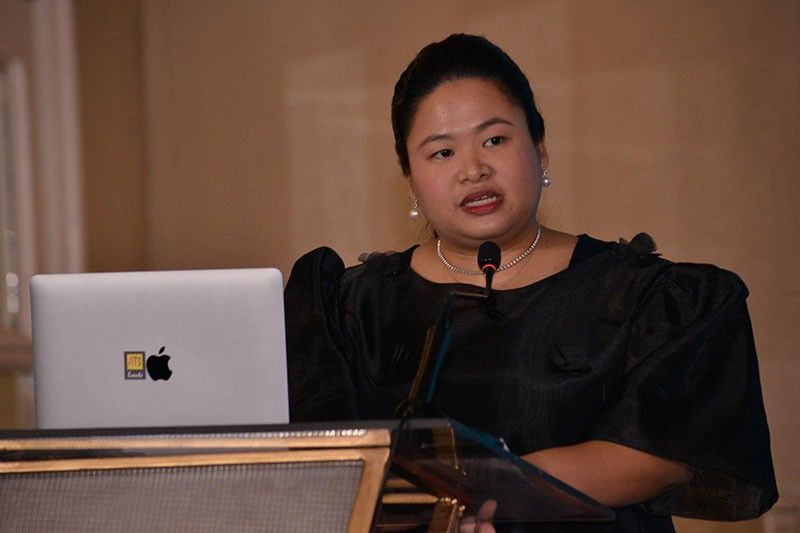Yes, we can beat cervical cancer!

MANILA, Philippines — The statistics are alarming. Every two minutes, a woman dies of cervical cancer in countries where access to public health, services and awareness remain a challenge. In the Philippines, 12 women lose their lives to cervical cancer every day.
To address this global challenge, the World Health Organization set a global strategy on Nov. 17, 2020 to reduce cervical cancer cases to below four per 100,000 women — “90-70-90” — in Asia and Latin America by the year 2030.
To achieve this goal, “90-70-90” means that 90 percent of girls must be fully vaccinated with HPV vaccine by the age of 15; 70 percent of women must be screened with a high-performance test by 35 years of age and again at 45 years of age; and that 90 percent of women identified with cervical disease receive treatment, 90 percent of women with pre-cancer are treated, and 90 percent of women with invasive cancer are managed.
While there are already laws in place, the question remains: How can the Philippines achieve this target?
Working towards WHO’s ambitious but achievable targets, local government officials, healthcare leaders, and stakeholders shared their insights, experiences, and the steps they’re taking to eliminate cervical cancer in a health forum dubbed, “Together for Health: The Progress Made and What Needs to be Done for Cervical Cancer Elimination,” which was held last Nov. 27 at The Manila Hotel.

The three pillars of cervical cancer elimination
Often referred to as a silent killer, cervical cancer shows no symptoms until its later stages — when treatment becomes more difficult and less effective.
And so, the implementation of these three pillars — vaccination, screening, and treatment — are critical in eliminating cervical cancer in the country.
Rep. Natasha Co of the BHW Partylist emphasized the importance of strengthening collaboration between the Department of Health and the Department of Education (DepEd) to increase HPV vaccination rates in school.
“Starting next year, this collaboration will enable us to ensure that we reach more young Filipinas who need protection,” Co said. She highlighted that schools are ideal venues for health programs due to their wide reach and accessibility to students, parents, and communities.
The lady solon also emphasized the importance of combatting vaccine hesitancy. “We must educate families about the life-saving benefits of the HPV vaccine, particularly its role in significantly reducing the risk of cervical cancer,” she added.
DepEd also assured the public of the department’s commitment to students' well-being through its school-based immunization programs.
“Through our vaccination program, we aim to protect learners and their families, regardless of their location—be it in the city or the province,” Assistant Education Secretary Dexter Galban said.
As part of its efforts, DepEd launched the Bakuna Eskwela campaign to promote awareness about HPV vaccination and encourage greater participation. “We call on all families to support Bakuna Eskwela to ensure that learners, especially young women, are protected from cervical cancer,” Galban urged.
DepEd also integrates the Child and Adolescent Reproductive Health Program with the Wash in Schools Program, providing accessible health services at over 1,000 school-based centers.
“These initiatives empower students and families to make informed health decisions,” Galbon added.
The forum also highlighted the need for continued collaboration between LGUs, national agencies like the Department of Health (DOH), and DepEd to ensure the success of vaccination and screening programs. Partnerships with LGUs help increase the reach and impact of initiatives like Bakuna Eskwela, a school-based immunization program aimed at boosting HPV vaccination rates.

HPV self-sampling for screening
In addition to vaccination, innovative solutions, like HPV self-sampling, provide a complementary approach to cervical cancer prevention. Self-sampling allows women to collect their own samples in a private and comfortable setting, helping overcome barriers like stigma, discomfort, and lack of access to healthcare facilities.
Self-sampling not only makes cervical cancer screening more accessible but also empowers women to take control of their health.
The Department of Health has also implemented the nationwide cervical cancer screening services earlier this year.
“The initiative has yielded notable achievements, including a significant increase in screening rates from .44 percent to one percent within four months,” noted Health Undersecretary Dr. Glenn Mathew Baggao.
By combining proactive vaccination initiatives, innovative screening methods, and strong government collaboration, the Philippines is making meaningful progress towards eliminating cervical cancer.
These efforts aim to protect future generations from this preventable disease while addressing the WHO’s global targets for prevention, screening, and treatment.



















